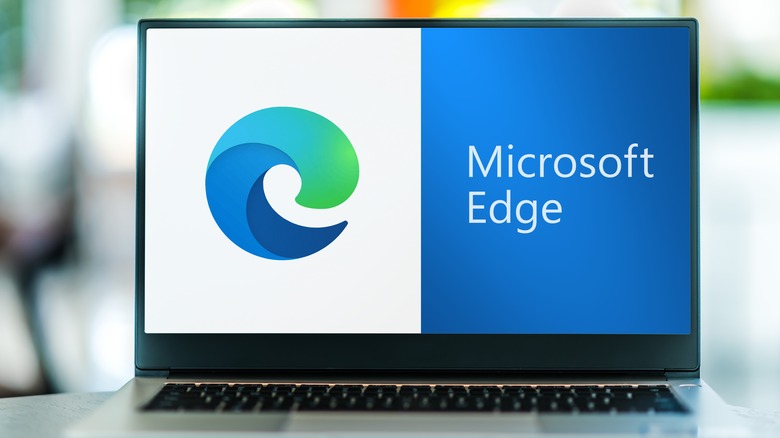Microsoft Edge Is About To Get Its Own Built-In VPN
While it did get rid of much of the baggage that weighed down Internet Explorer, Microsoft's Edge browser has ended up being just as controversial as its predecessor, mostly because of a few missteps in the company's marketing and its aggressive push. Despite those contentious and sometimes distasteful tactics, Microsoft Edge has the makings of a solid and impressive web browser. It continues to grow a good set of built-in features on top of Chromium, and the latest version is designed to protect your privacy, something the old Microsoft probably wouldn't have even bothered offering outright.
A lot of people today spend most of their time on the web. This makes browsers fertile ground for harvesting information that could be traced back to the user. There are plenty of laws written to protect people from such privacy intrusions, but those in the advertising and hacking businesses always find technical and legal loopholes to get around them. Browser makers have also stepped up to protect their users, but sometimes, the basics just aren't enough anymore.
The next step in protecting web users is masking their identities and activities. That's where Virtual Private Networks (VPNs) come in; they're one of the most common tools used by privacy-conscious people and those whose lives depend on anonymity. There are plenty of VPN service providers, of course, many of which make essentially the same promises, but at different prices. Some users may find it difficult to decide which one to trust, but they don't have to make that decision if they use Microsoft Edge.
The VPN is free, but very limited
A new support page on Microsoft's website reveals its plan to integrate a VPN service right into the Edge browser. The company's not running the server itself, mind, which would have made the feature less appealing or trustworthy. Instead, it has partnered with Cloudflare, one of the world's largest DNS service providers and a backbone for internet address routing. Cloudflare also offers VPN services, which is what Microsoft is tapping into.
The upcoming VPN feature is called the "Microsoft Edge Secure Network," and it comes with the typical promises about encrypting traffic and hiding users' locations. Browsing data is deleted every 25 hours, according to the company, and information related to the overall VPN usage is deleted every month. The service still follows the Edge and Microsoft privacy policies, of course, so there might be a few catches as far as legal liabilities and responsibilities are concerned.
The biggest caveat is that while this service will be offered for free to anyone logged into their Microsoft Account, there is a 1GB monthly cap on that, as well. Depending on how often you use the internet, you may hit that limit very quickly — maybe after just a few days. Microsoft Edge won't be the first browser to offer a VPN service, built-in or as an add-on, and it remains to be seen how successful it will be, as it is first launching as a preview feature.

